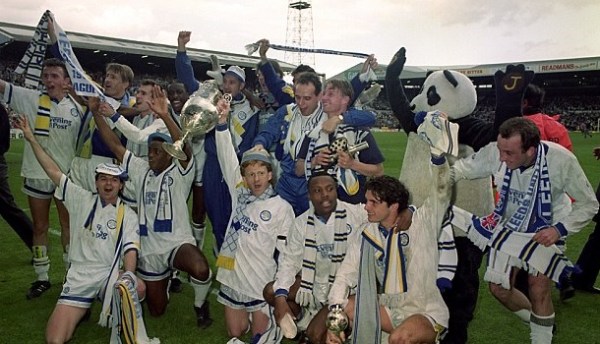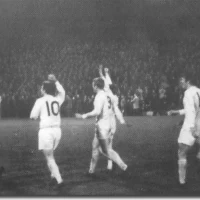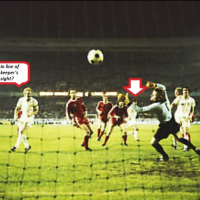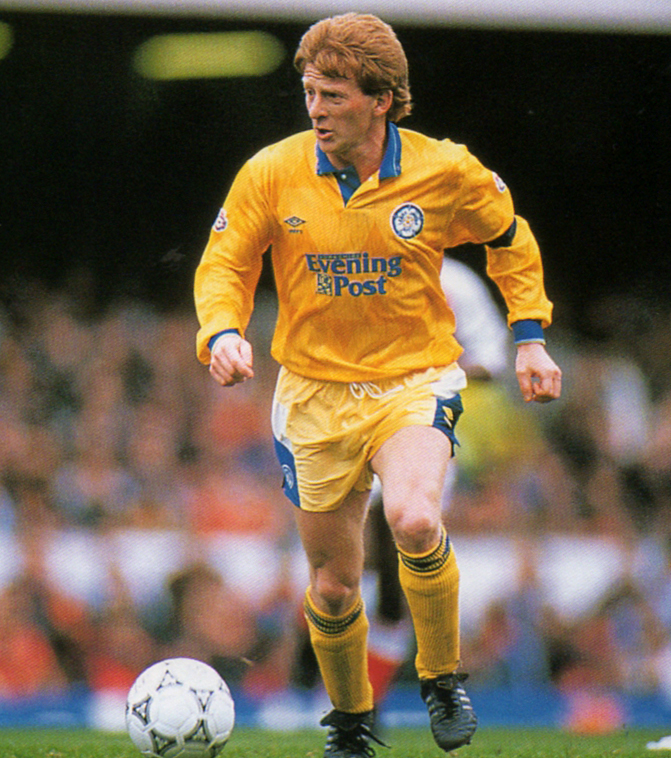After nearly half a season of relative silence from their much-missed guru, hero, source of inspiration and occasional bête-noire, the media breathed a collective sigh of relief last week. The Ego Had Landed. Fergie was back, at least in print, and those fangs were still bared and ready. The latest autobiography of Alex Ferguson has shown the old curmudgeon has lost none of his ability to dispense vitriol, none of his elephantine memory for anyone who has ever annoyed him – and certainly none of his oddly unilateral approach to the issue of loyalty.
Apparently, during Fergie’s tenure, loyalty was a word much bandied-about behind the scenes at the Theatre of Hollow Myths. That it was evidently used to specify the absolute need for a slavish adherence to the Govan Guv’nor’s every wish goes almost without saying. This requirement extended beyond the confines of Man U. Should a rival manager ever have the brass neck and utter nerve to question or criticise the great man, a familiar growl would issue from his lair along the lines of “After all I’ve done fae him…”
Fergie was not a man to be crossed, not by subordinates, not by rivals, not even by his nominal superiors. Criticism was not to be tolerated. Resistance was futile. His was as near to an absolute rule as existed at any football club anywhere, certainly in the 21st century. Fergie’s Man U was the last autocracy in the professional game – a factor upon which, extending as it did to terrified administrators and wary match officials, was founded their unprecedented success.
The latest in a series of literary self-portraits has, in the august opinion of respected sportswriter Patrick Barclay, little new to offer in terms of revelation – the longed-for “blowing the lid off” the game, or portions thereof. What we do get is a series of little packages of poison as Alexander the Great reviews the vast canvas of his career and delivers his venom to those he believes were found wanting. The loyalty so prized by SAF in his managerial career is evidently a currency he does not feel it necessary to repay. This will come as no surprise to the likes of Brian Kidd, now the Manchester City assistant boss, or Gordon Strachan, now manager of Scotland. Each of them have had both barrels between the shoulder blades in the past, and to their credit they’ve largely maintained a dignified silence. But Fergie was in his Man U job then, and there were certain perceived perils associated with biting back at a figure who had managed to create for himself a tyrannical position whereby he held sway over most of football. Will he benefit from such forbearance after this latest raft of assassinations?
In this latest addition to the former manager’s stable of autobiographies (the whole possibly to be known as “Why I Was Always Right, Vols. 1-5”), the less-than-likeable Alex has turned his baleful gaze on, among others: David Beckham (the football boot in the eye incident, marrying a pop star and wanting to move to a bigger club); Arsene Wenger (Pizzagate and being offensively intelligent); Roberto Mancini (failing to sell Tevez when Fergie thought he should and then going on to win the Title with malice aforethought and a 6-1 tonking of Man U on their own manor); Rafa Benitez (for having the sheer bad taste to tell it like it was and also, with no evident irony, for being a “control freak”); then, last but not least here, the Rio Ferdinand drug-testers whose fault it apparently was that the former defender “forgot” to provide a sample when required. It’s an impressive list, but not exhaustive.
At least one other target, casually denigrated in the course of this epic litany of nasties, wants to have a word in Fergie’s ear. Ex-goalkeeper Marc Bosnich, described as a “terrible professional” by the man who nevertheless signed him twice, is putting a fairly stoical face on it, but appears not to be best-pleased and has hinted that he’d appreciate a frank discussion face to face.
The over-riding impression, delivered with all the subtlety of a Royston Keane tackle, is that anyone in his club who fancied himself bigger than the boss would have to either learn the error of his ways and that right swiftly – or get out. Keane himself is one who was moved on, in some haste, after “disagreements” with Ferguson. Keane it is now who remarks that his ex-manager, for all his preaching about loyalty, doesn’t know the meaning of the word, a sentiment which will be echoed by many of the men who served Ferguson well and have now been left bullet-riddled by the former chief’s paranoid rhetoric. The latest proof of this anomaly runs to many thousands of words, is available from this week, imaginatively titled “My Autobiography” and will cost you a decidedly prettier penny if you want your copy signed by lifelong socialist and latter day profiteer Sir Fergie himself.
It seems likely that the Ferguson Factor is what is missing from this season’s pallid Man U; the fear that gave them that edge seemingly gone with the wind. But on this most recent evidence of the choleric and treacherous nature of the man, who – other than the many millions of Man U fans from Torquay to Jakarta and back again, plus a few sensation-staved tabloid hacks – just who will really miss him now he’s gone?























